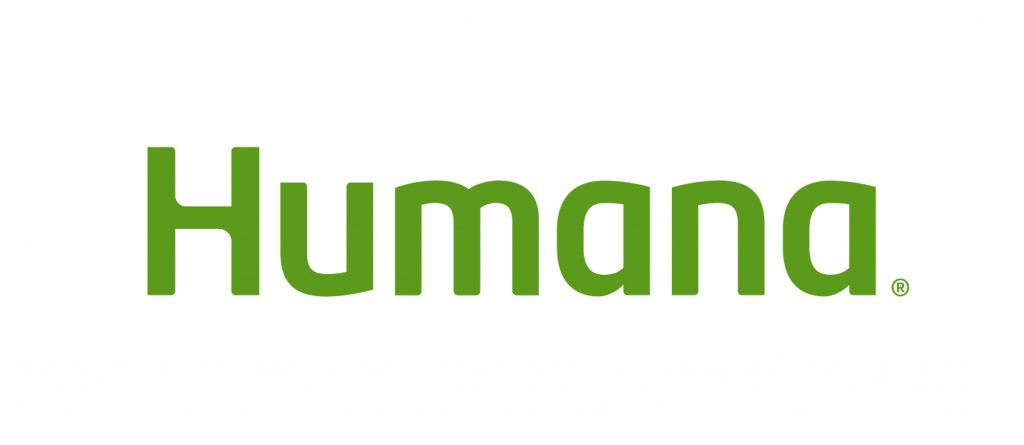By Linda T. Hummel
President of the Employer Group Business Segment, Humana of Texas
 Some would argue that Americans don’t change behavior easily. That would explain why nearly two-of-three American adults are still overweight or obese, 60 percent don’t exercise and more than 20 percent still smoke. Additionally, 90 percent of those who join health-and-fitness clubs stop going within the first 90 days.
Some would argue that Americans don’t change behavior easily. That would explain why nearly two-of-three American adults are still overweight or obese, 60 percent don’t exercise and more than 20 percent still smoke. Additionally, 90 percent of those who join health-and-fitness clubs stop going within the first 90 days.
We know that healthier choices are better for individuals, their families, their employers and the U.S. economy as a whole. How can we encourage people to make healthier lifestyle choices in San Antonio?
Incentives for Well Being
Research shows that Americans are ready for a health rewards program.
The majority of 1,000 adults in a 2011 survey for HumanaVitality, a comprehensive wellness, reward and loyalty solution, said they should be rewarded for making healthy choices. And 59 percent said they would like to be rewarded for exercising.
Health reward solutions don’t just benefit individual consumers. With rising health care costs and a desire to reduce absenteeism, employers have a significant interest in encouraging their employees’ pursuit of well-being. A growing number of employers are now including non-cash incentives in their wellness solutions. A survey of 157 large employers found that 62 percent offered incentives in 2010, up from 57 percent the previous year.
Research shows incentives make a real difference in people’s health. A good weight-loss incentive solution can increase employee participation rates from 12 percent to 35 percent, according to the Centers for Disease Control and Prevention. Additionally, a 2010 study from the American Journal of Health Promotion shows individuals who regularly participated in the Vitality solution experienced shorter and fewer hospital stays than those who didn’t participate.
Make it Personal
The main drivers of success are personalized plans and the ability of participants to self-select their rewards. In the case of HumanaVitality, this approach works in two ways. First, HumanaVitality provides participants with personal pathways they can follow as individuals to improve their health and well-being. Next, participants who pursue those pathways earn points that allow them to choose among more than 600,000 rewards ranging from electronics to vacations to charitable donations.
The key is self-selection: choosing the pathway to follow and working toward redeeming rewards that are personally motivating and significant. HumanaVitality is based on a philosophy that rewarding small, personalized steps today – taking a few extra minutes to exercise, choosing one more healthy meal a day – can add up to meaningful change over time.
In a time when companies regularly use rewards to earn brand loyalty of the American consumer, San Antonio companies should stop to consider if they are doing enough to build loyalty. Solutions like HumanaVitality reward consumers for making healthy choices in the short run, but the real payoff – the biggest reward of all – is sustainable change toward long-term health and well-being.
For more information on HumanaVitality or health rewards programs, visit Humana.com or call (801) 256-6200.
Linda T. Hummel is President of the Employer Group Division for Humana Inc. (NYSE: HUM) in Texas. A 22-year veteran with Humana, Hummel is responsible for the overall management and strategic planning for Humana’s statewide commercial operations and products, which include health maintenance organizations (HMO), preferred provider organizations (PPO), self-insured plans (ASO), point-of-service plans (POS), Group Medicare plans, specialty benefit products and HumanaVitality, a comprehensive health, wellness and loyalty solution.
